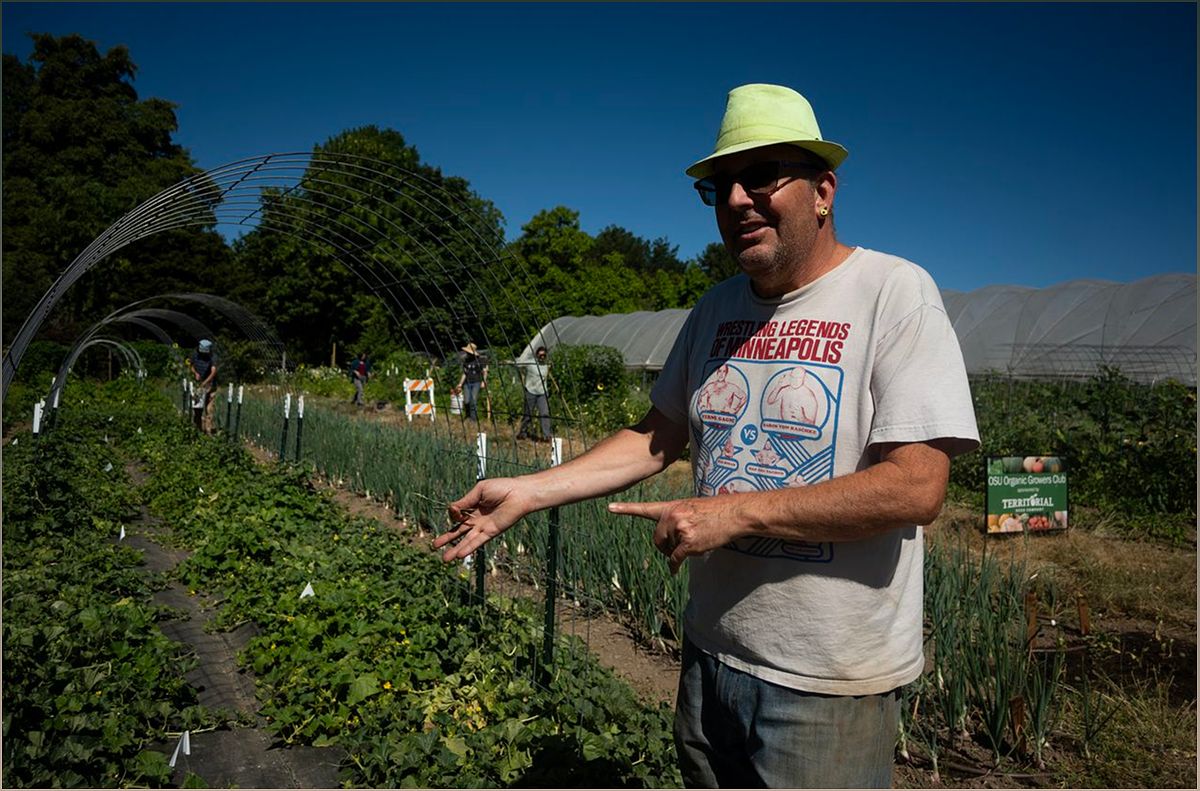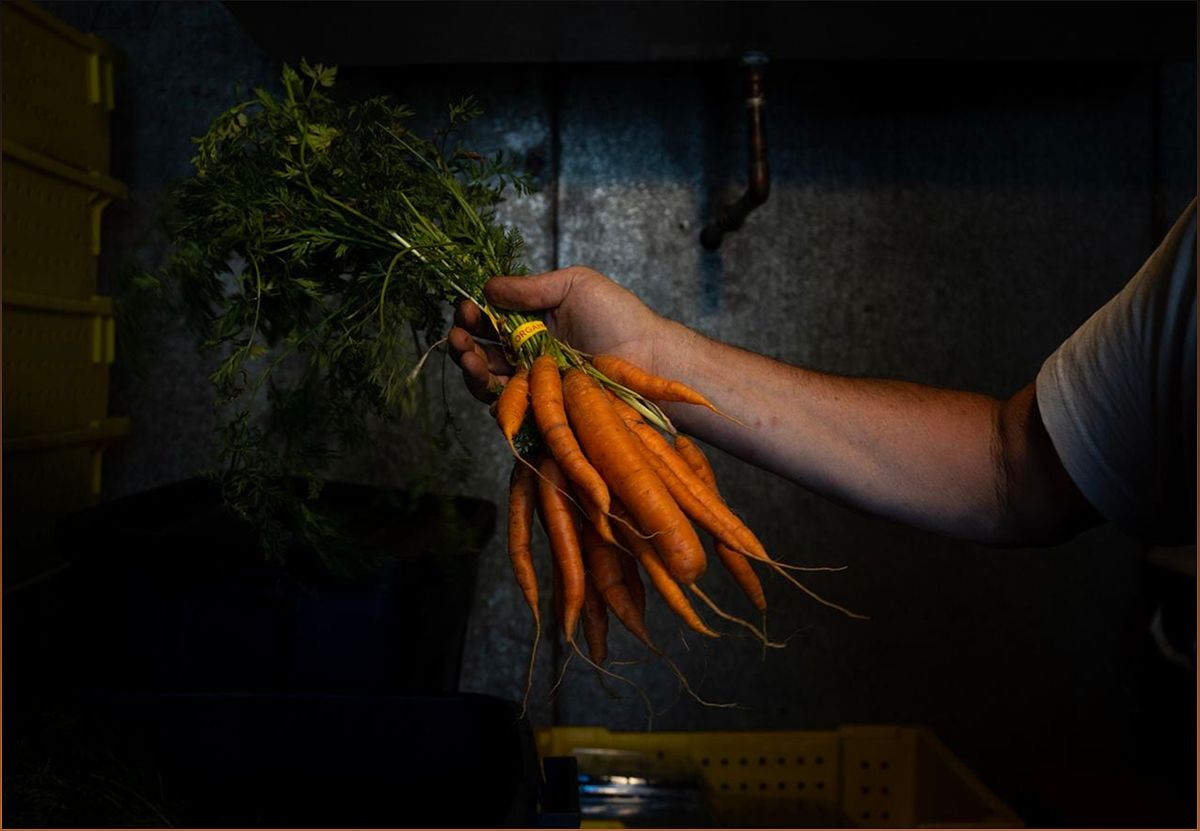Learn about James Cassidy’s journey from being a rock star to becoming a soil scientist and organic farming advocate. Discover how he is making a difference in the community through the Organic Growers Club and his work on the farm.
- James Cassidy: A Journey from Rock Star to Soil Scientist
- Discovering a Passion for Soil Science and Organic Farming
- Advocating for Change: The Birth of the Organic Growers Club
- The Organic Growers Club: Cultivating Community and Sustainability
- Teaching and Inspiring the Next Generation
- The Transformative Power of Soil
- Conclusion: Creating a Sustainable and Equitable Food System
James Cassidy: A Journey from Rock Star to Soil Scientist
James Cassidy is a man of many talents, having experienced success as a rock star, farmer, and soil scientist. Today, he teaches soil science at Oregon State University while also managing an organic farm on campus. His journey from performing on stage to advocating for organic foods showcases his passion for creating positive change.

( Credit to: Oregonlive )
Discovering a Passion for Soil Science and Organic Farming
In the 1980s, Cassidy traveled the world as a member of the rock band Information Society. However, his path took a turn when he entered academia in his 30s as a college freshman. It was during this time that he discovered his true passion for soil science and organic farming.

( Credit to: Oregonlive )
Advocating for Change: The Birth of the Organic Growers Club
In 2002, Cassidy attended a meeting organized by three other Oregon State graduate students who aimed to increase access to organic foods. Drawing from his experience as a rock musician, Cassidy connected with the idea of young people agitating for change. This meeting eventually led to the establishment of the Organic Growers Club at the university.
The Organic Growers Club: Cultivating Community and Sustainability
The Organic Growers Club, led by James Cassidy for over 20 years, meets every Thursday night. Starting with just seven participants, the club has now grown to around 70 individuals who come together to plant, harvest, and package a variety of fruits and vegetables. Despite receiving no financial support from the university, Cassidy sustains the club and provides stipends for interns by selling community-supported agriculture (CSA) boxes.
The farm managed by Cassidy and the Organic Growers Club plays a crucial role in providing fresh, local produce to the community. The farm’s CSA program delivers organic produce to paying community members, including the OSU student food pantry and a traveling doctor who brings food to patients during house visits. This helps address the limited availability of locally sourced organic food products, as highlighted in a recent report.
Teaching and Inspiring the Next Generation
In addition to managing the farm, James Cassidy teaches classes on organic gardening and soil science at Oregon State University. He encourages his soil science students to join the Organic Growers Club, creating a pipeline for them to volunteer or intern on the farm. Cassidy’s goal is to inspire the next generation of individuals who are passionate about sustainable agriculture and organic farming.
The Transformative Power of Soil
James Cassidy firmly believes that soil is the foundation of farming and, by extension, our entire existence. He emphasizes that soil science is integral to understanding our connection to the Earth, as every atom in our bodies has passed through the soil system. Cassidy also highlights the influence of large farming companies on our access to food, making gardening an act of resistance and activism.
Conclusion: Creating a Sustainable and Equitable Food System
James Cassidy’s journey from rock star to soil scientist exemplifies the power of following one’s passion and advocating for change. Through his leadership of the Organic Growers Club and his work on the farm, Cassidy is making a significant impact in providing fresh, organic produce to the community while inspiring others to engage in sustainable agriculture practices. His belief in the transformative power of gardening serves as a reminder that everyone, regardless of their circumstances, can contribute to creating a more sustainable and equitable food system.
